advertisement
Is It Just Me Or Is It Impossible to Stay Focused WFH? Luckily, There Are Supplements to Help
In need of some tips for focusing? Aren't we all. A holistic psychiatrist breaks down the lifestyle changes to make and the supplements to try.

Raise your hand if you’ve experienced this way-too-relatable WFH scenario: You wake up ready to conquer another productive nine to five. An hour in, you realize you’ve been distracted to a standstill. Now you’re focusing on the fact that you’re not focusing, instead of what you’re supposed to be focusing on. (Say that three times fast.)
To stop the cycle, you’ve first got to acknowledge it’s okay to feel stressed out, says Ellen Vora, MD, a holistic psychiatrist based in New York City. Take a deep breath, and look around. If working from your kitchen makes you think more about what to make for dinner or if using your bed as a desk makes you sleepy, it’s time to switch things up.
“Our environment impacts our ability to focus in a number of ways, from comfort and ergonomics, to clutter that distracts us,” Dr. Vora says. “Also, our brain responds to contextual cues. If we associate a certain space with snacking and Netflix, it can be more difficult to have that same environment cue the brain to drop into a state of focus.”
Her tips for focusing start with cleaning up your work space and keeping it clutter-free (we see you, type A’s). Next up: “Use ritual to cue your brain,” she says. “‘Commute’ around the block for two minutes before starting your work day, and then take a relaxing walk outside to mark the end of the work day, letting your brain know it’s time to relax.” Check and check.
Lastly, try out time-blocking. “Schedule blocks of about 20 minutes of focused time, and five-minute mental breaks,” Dr. Vora says. But wait—don’t pick up your phone. Instead, stand up, get outside, rest for five minutes, or put some music and dance—hey, you might as well take advantage of this whole WFH thing.
Now that you have practical tips on how to block out those distractions, it’s important to take care of your nervous system with proper nourishment—which is where supplements come in. Solgar, the brand known for its high-quality, science-backed ingredients (yes, those aesthetically pleasing amber bottles you see everywhere), has you covered from curcumin to taurine. Haven’t heard of those? You’ve come to the right place.
Once you’ve checked off Dr. Vora’s tips for focusing, read on for supplements that can nourish your nervous system.*
Choline
First up is choline, which is part of the B vitamin complex and an important component of nerve cells, making it good for nervous system health.* Besides supporting brain health, choline supplements like Solgar Choline 350 mg Vegetable Capsules also help support healthy liver function.*
SHOP SUPPLEMENTS
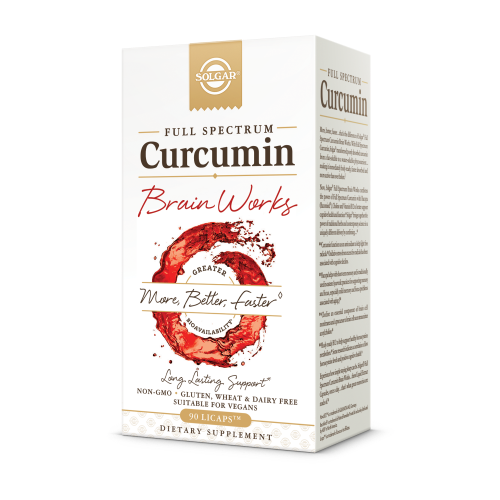
Solgar Full Spectrum Curcumin Brain Works Licaps
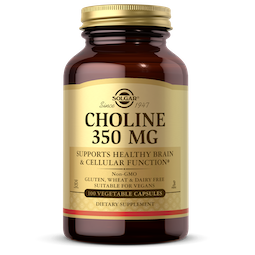
Solgar Choline 350 mg Vegetable Capsules
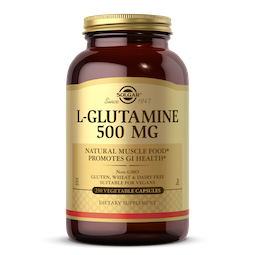
Solgar L-Glutamine 500 mg Vegetable Capsules
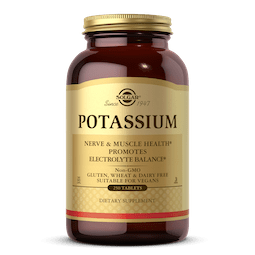
Solgar Potassium Tablets
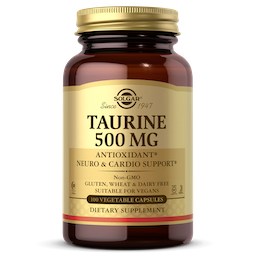
Solgar Taurine 500 mg Vegetable Capsules
Curcumin
“Curcumin, which is the active ingredient in the spice turmeric (what gives curry its yellow color), is [an antioxidant],” Dr. Vora says. To get the more potent form (rather than drinking a turmeric latte), try Solgar Full Spectrum Curcumin Brain Works Licaps, which also contain choline, vitamin B-12, and Bacopa, and are specially formulated to help support cognitive function.
Taurine
Taurine is not only found in cardiac and skeletal muscle, but is also one of the most abundant amino acids in the brain. Try Solgar Taurine 500 mg Vegetable Capsules, which are made up of free-form taurine for optimum absorbability and come in an amber bottle (like all Solgar supplements) to protect the potency of the ingredients.
Potassium
Last but not least is the essential mineral potassium, which according to Dr. Vora “is relevant to [support] the proper functioning of neuronal signal transmission in the brain.” Instead of committing to a banana a day, check out Solgar Potassium Tablets, which also help balance electrolytes in the body. Congrats, you just focused through an entire article—and now you’ve got a game-plan to make that a regular thing, too.
*These statements have not been evaluated by the Food and Drug Administration. These products are not intended to diagnose, treat, cure or prevent any disease.
Photo: Getty/Luis Alvarez
Sign up for the Well+Good SHOP Newsletter
Get exclusive deals on wellness, beauty, fitness, and food products that have been hand-picked by our editors.
Got it, you've been added to our email list.




